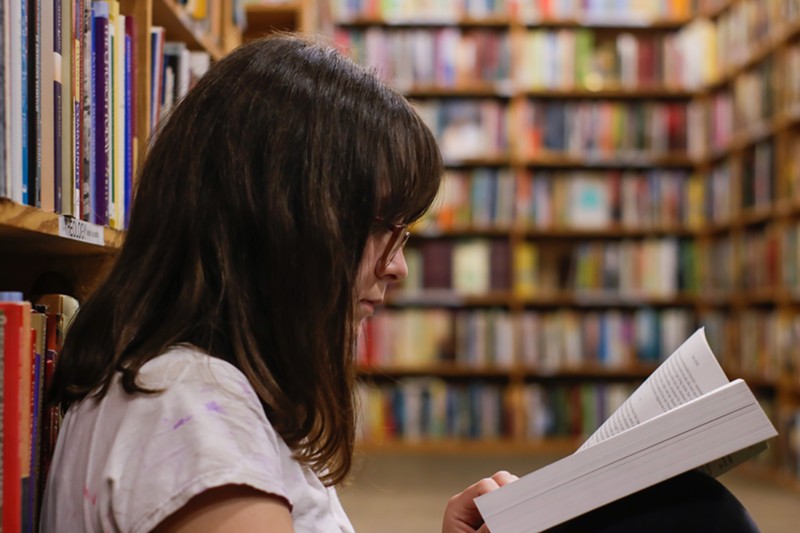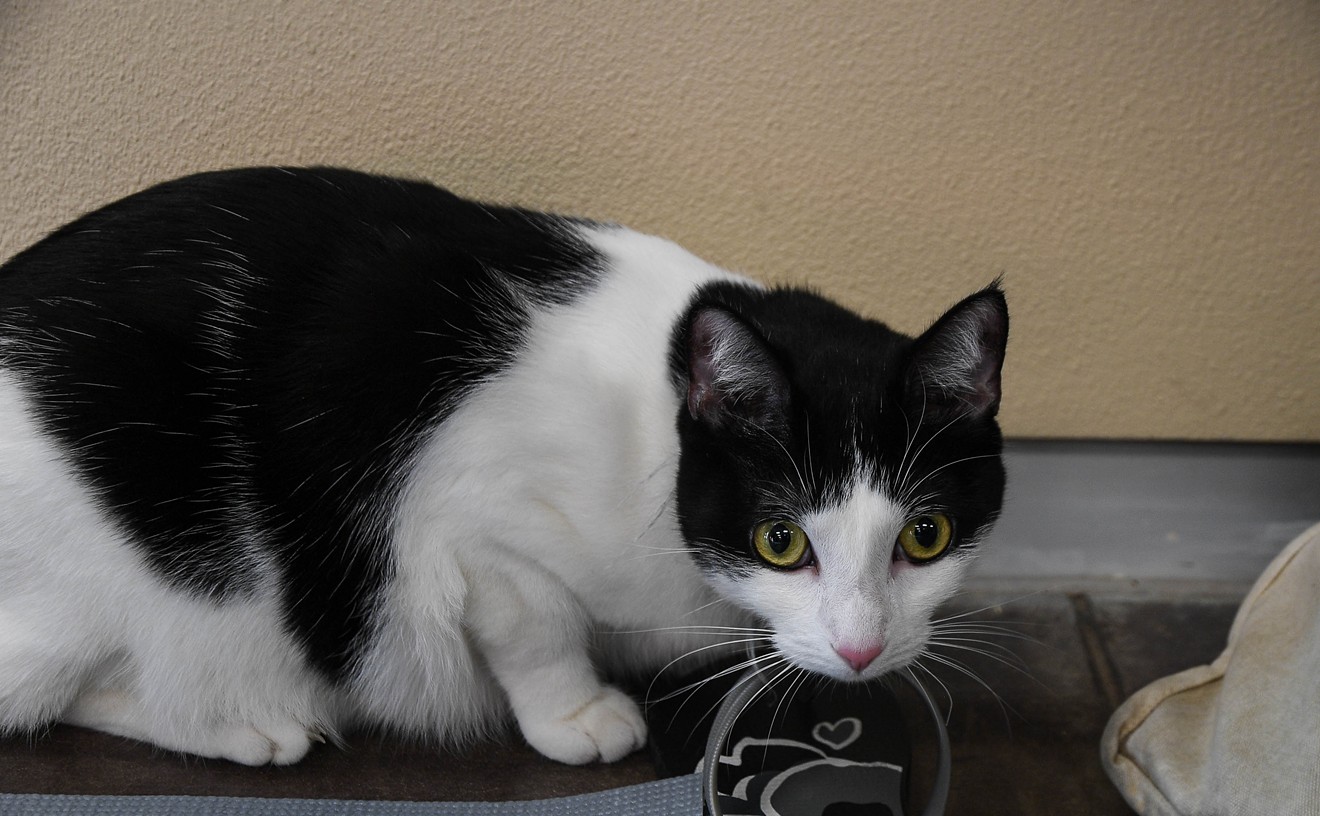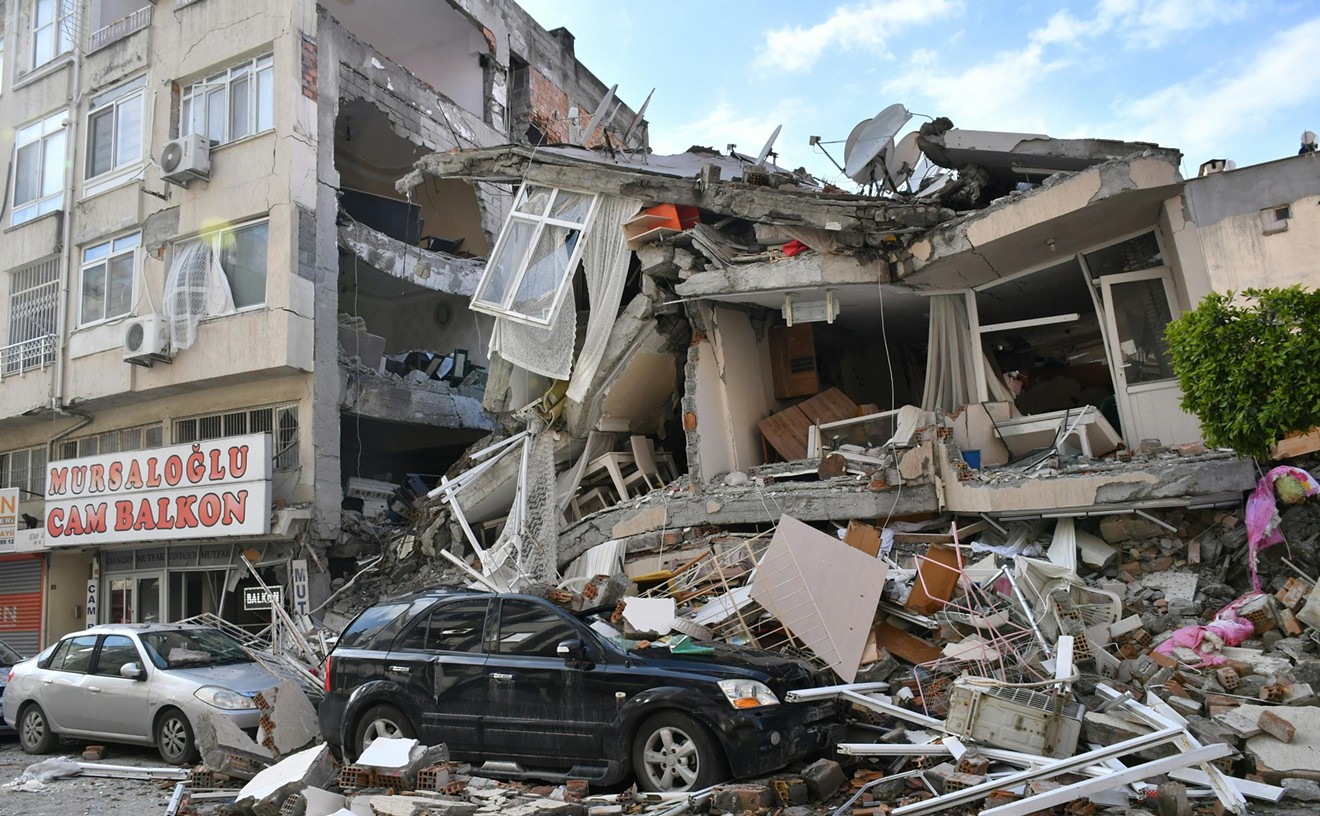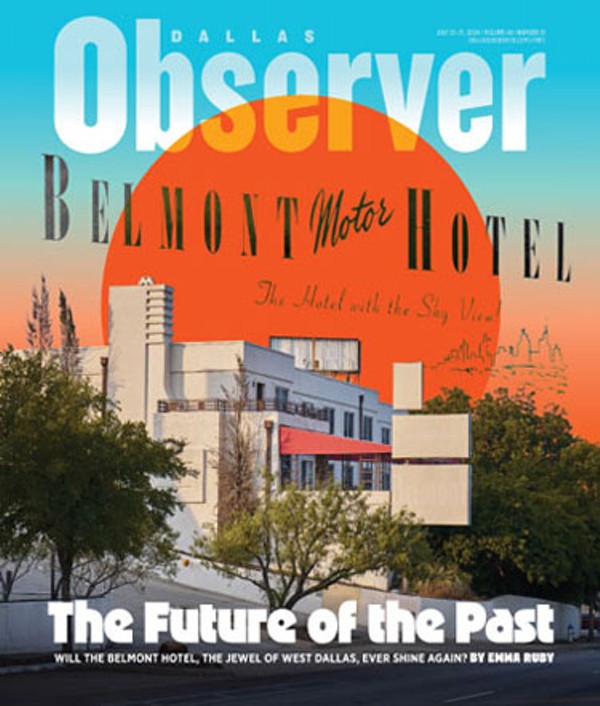In April, the New York-based company In The Book launched an interactive donation map showing the places people can drop off their old reads. The benefits are twofold: Bookworms can clear shelf space for new novels at the same time others can brush up on their reading skills.
In The Book is a publishing company that makes personalized books for all ages, said acting spokesperson Heather Kelley. After the pandemic hit, the company’s creative team launched the book map as a way to promote reading and support local businesses.
Although it’s a work in progress, Kelley said the map includes 13 places in the Dallas-Arlington area where people can drop off used books, including at local-owned stores, libraries and nonprofit organizations.
“Donating a book is so much more than getting rid of unwanted clutter,” she said. “A book has the ability to help transform someone’s life.”
The coronavirus has diminished children’s learning capabilities. Late last year, Dallas ISD reported half of the district’s students had lost learning in math while 30% lost learning in reading.
Literacy numbers are also grim on an international scale. Prior to the pandemic, the number of children who lacked basic reading skills was on a “downward curve,” according to a recent study by the UN Educational, Scientific and Cultural Organization. The number got even worse in 2020, as 100 million more children experienced reading difficulties, equating to a 20% increase.
Parents have had a tough year trying to work and support their children’s academic needs, said Lauren Eutsler, an assistant professor specializing in language and literacy education at the University of North Texas’ College of Education. At the same time, though, parental involvement is critical to their kids’ learning.
Over the past year, educators also had to juggle teaching to students in person and online simultaneously. That was a “very poor pedagogical decision” from Eutsler’s perspective because in some cases, it split teachers’ attention and shortchanged students.
Last year, Eutsler published a study that asked children if they’d prefer reading a book on an iPad or in print. Surprisingly, only a quarter of their parents chose the option that their kids favored.“If you want to be a better reader, be a reader." – Lauren Eutsler, assistant professor
tweet this
Whatever the method, it’s important for parents to engage their kids in reading, she said.
“Shared reading experiences are critical,” Eutsler said.
Included on the book map are Lucky Dog Books locations in East Dallas and Oak Cliff. Although business hasn’t exactly boomed in recent months, owner John Tilton said his stores have seen more new customers, especially younger ones, since the pandemic hit.
There is an etiquette to donating books, however. People should remember not to overload boxes with heavy books, Tilton said: “If Granny can’t pick it up, you probably don’t want to pick it up.”
Another factor Tilton runs into is that some donors don’t arrange the books properly, leaving the spines face-up. When other boxes are stacked on top of one another, that can sometimes damage the books’ internal structure.
Also, people shouldn’t treat used books stores like a trash dump, he said.
“Nobody on any of these maps or lists wants people just to bring the junk from their garage,” Tilton said.
Libraries are also offering access to free digital books, and some companies like Pizza Hut and Barnes & Noble have children’s programs to incentivize reading, Eutsler said.
At the end of the day, though, literacy all boils down to access and practice, she said.
“If you want to be a better reader, be a reader,” Eutsler said. “It sounds so basic in retrospect, but it’s true, right? If we want to get better with anything we have to actually practice it.”












